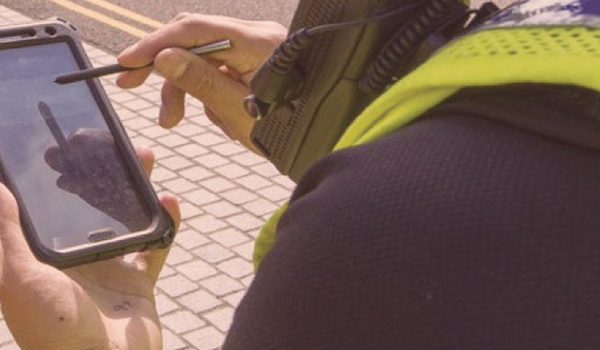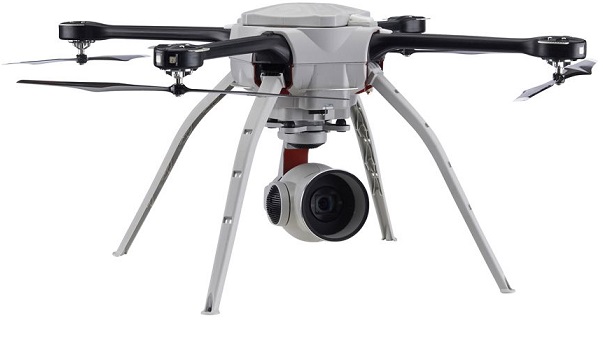Effective policing for digital age promised
The Governments new Digital Strategy has emphasised the impact digital technology can have on the future of policing and the criminal justice system. Introduced earlier this month by Secretary of State for Culture, Media and Sport Karen Bradley, it says policing and the justice system must be able to operate effectively in a digital age.
The Governments new Digital Strategy has emphasised the impact digital technology can have on the future of policing and the criminal justice system.
Introduced earlier this month by Secretary of State for Culture, Media and Sport Karen Bradley, it says policing and the justice system must be able to operate effectively in a digital age.
In the Spending Review, the Government committed to funding digital policing work through a new transformation fund, making money available for a police-led programme that will work to equip forces with the tools to effectively police a digital age and protect victims of crime, says the Strategy. To create a faster, simpler, better joined-up justice service, we will improve how data is shared across the system by developing a set of common data principles to encourage all organisations to collaborate in a more effective way.
Henry Rex, justice and emergency services programme manager at industry body techUK, said this was a welcome development: The justice system must be fit for the digital age. This means a joined-up system, which allows the free flow of data across organisations. The Digital Strategy highlights the Governments commitment to creating a more just, proportionate and accessible service.
The Strategy highlighted three areas of focus identified by the National Police Chiefs Council and the Association of Police and Crime Commissioners:
Improve the links with the criminal justice system;
Transform the polices ability to recover and analyse digital material and the capability of officers to handle it; and
Ensure citizens can access police services (from reporting crimes, paying fines or submitting evidence) digitally.
To achieve this, the Government says it will:
Make storage and subsequent sharing of digital evidence a seamless part of the judicial process, by implementing the Police Digital First and the Common Platform Programmes; and
Speed up officers access to information and intelligence from a much wider range of national data sets, including criminal records, intelligence and automatic numberplate recognition through the National Law Enforcement Data Programme, so they can spend more time tackling crime.
In light of the enormous data storage problem police forces are facing, the Strategys commitment to making storage and sharing of digital evidence a seamless part of the judicial process (via the Digital First and the Common Platform Programmes) is especially noteworthy, said Mr Rex.
The Emergency Services Network (ESN) and the ability to tackle increasing cybercrime are also highlighted as areas where digital technology will play the lead role.
The Government says the ESN will allow the development of apps over a secure platform to support real-time resolution of crimes. This will:
Allow police officers to use biometric applications to match marks, fingerprint and DNA from scenes of crime and return results to officers over mobile devices at the crime scene, reducing time spent going to and from the police station;
Support video recording of interviews and statements at the scene, saving the publics time and improving the quality of evidence while it is still fresh in witnesses minds; and
Provide a fast and more efficient platform through which to circulate real-time information, including photographs and video clips on missing persons and suspects.
We will continue to invest in our law enforcement capabilities so that we have the capacity to deal with the increasing volume and sophistication of cybercrime, including by strengthening the National Crime Agency (NCA), Regional Organised Crime Units and Action Fraud, the Strategy says.
Increased intelligence and law enforcement efforts will see the police, the NCA, intelligence agencies and the Ministry of Defence, in coordination with international partner agencies, expand their efforts to identify, anticipate and disrupt hostile cyber activities by foreign actors, cyber criminals and terrorists.
It adds that the recently la






